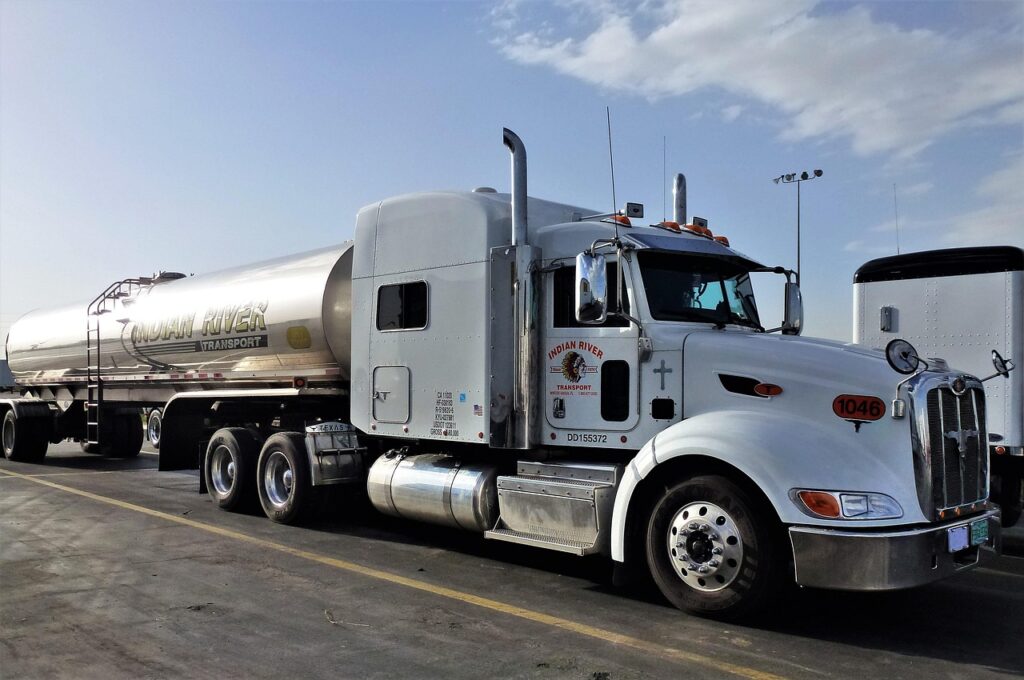Now Reading: 5 Vital Things You Need To Know About Miller Act Claim
-
01
5 Vital Things You Need To Know About Miller Act Claim
5 Vital Things You Need To Know About Miller Act Claim
It is essential for subcontractors and suppliers to know about the Miller Act. This legislation is put in place to help the workers who are facing issues in their payments.
Before going on to file a claim, these are some vital points about the act to keep in mind.
Project types
This act only applies to federal construction projects. Thus, the state or country projects, private projects or even commercial projects lie outside its purview. Therefore, the first thing you should be aware of is the kind of project you are working in.
Though federal projects are similar to state projects in terms of forms and variety, they differ on who has control over construction funds and site. If the work is done on the federal courthouse, it is a federal project.
Eligibility
The next important thing that you should know is your eligibility to file the Act claim. Those who sign a contract with the owner, are the prime contractors. These prime contractors are not eligible to file such claims. Only the first tier and second tier subcontractors, as well as the material suppliers, have the right to file claims under this act.
The workers who are below the second tier in hierarchy, are also ineligible to bring claims. Having proper knowledge of your eligibility will help you to be prepared beforehand.
Rights of suppliers
While serving a suit under this act, you should be very well aware of your rights. Importantly, if the supplier or even second-tier claimants do not receive the payment within the 90 days, a civil action can be brought on the bonds covering the unpaid part of the contract. This action should be filed within a year of labor and material being performed.
The subcontractor or the suppliers can even ask for a certified copy of the payment bond if they can demonstrate that the payment is due or the person is being sued.
Timing
Also, you should be mindful of the state’s notice requirement that qualifies you to file a bond claim. They may have a specific work experience requirement, deadline for notice or different officers-in-charge taking care of the matter.
Depending on the state that you are working in, the deadline for serving notice varies. Even if the state doesn’t ask for a notice, there will be a final date given till when you can file a claim against bonds. The differences in the final dates are dependent on the time of furnishing of the services and materials.
Sending notice to the Prime Contractor
One should know that this is not a mandatory step for all the claimants. If you are a first-tier subcontractor or a supplier, you do not compulsorily need to go through this process. You can directly file suit against the bond. However, if you are a second tier subcontractor or a supplier, you must serve the notice to the prime contractor within a span of 90 days from the last labor and/or material furnished.
The notice should state accurately the claimed amount and the name of the party with whom the contract was made. It must be served to the contractor as per the statute.








